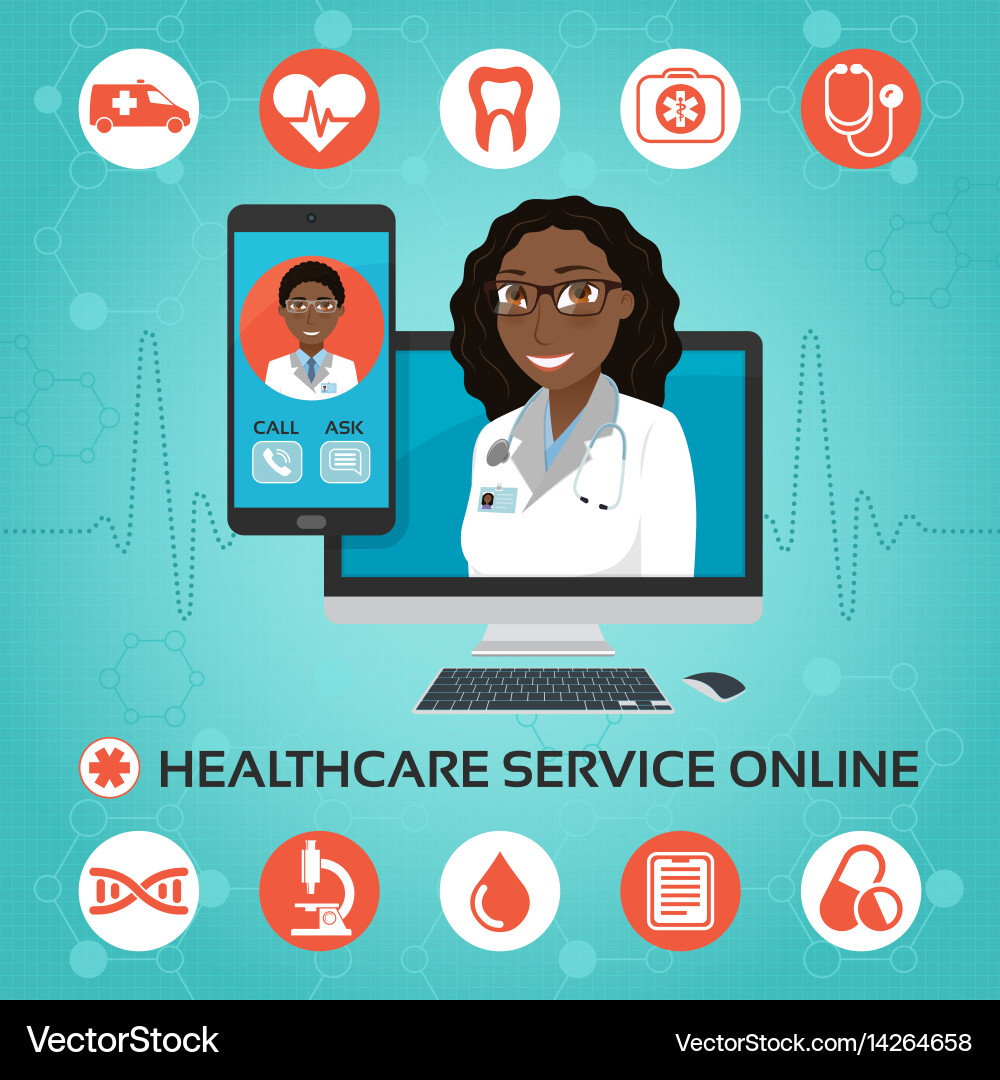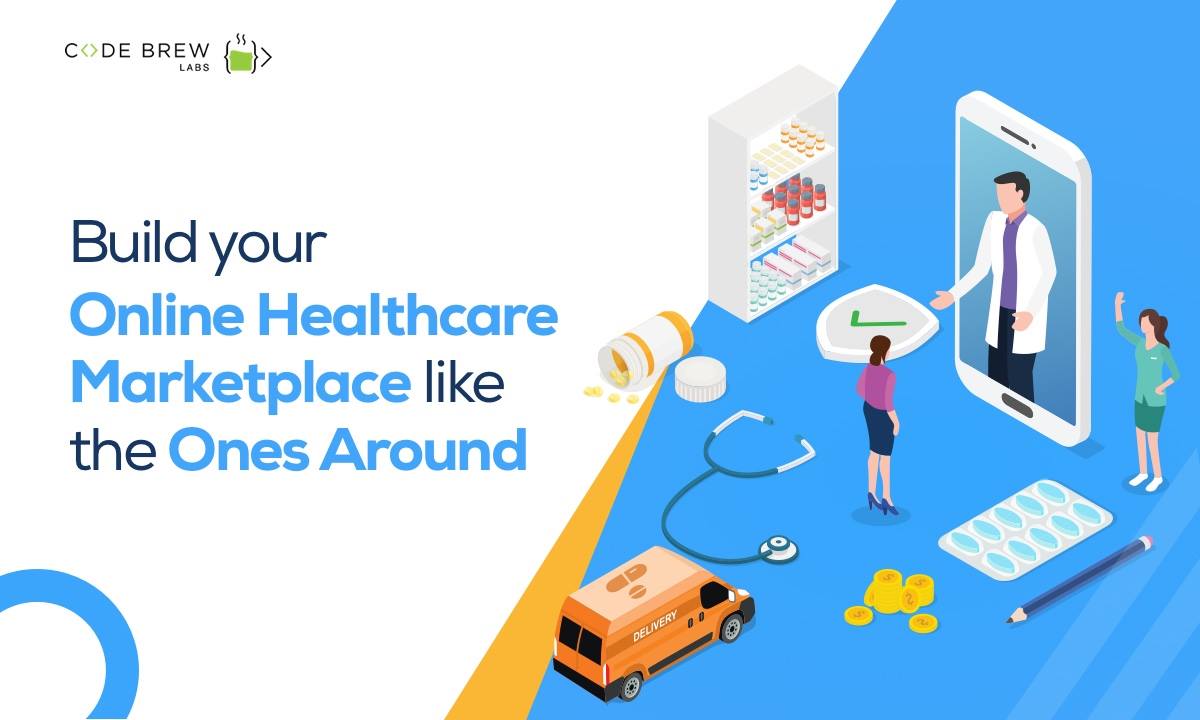The Rise of Subscription-Based Healthcare and Its Effect On Patient Treatment
As medical care develops, the subscription-based model is acquiring grip, assuring to revolutionize patient treatment by offering predictability and availability. The possibility for these versions to improve healthcare distribution raises pushing concerns concerning their long-term sustainability and inclusivity. Are these membership solutions the future of health care, or do they run the risk of leaving susceptible populations behind?
Recognizing Subscription Healthcare Models
Realizing the concept of subscription healthcare models entails examining a transformative method to clinical solutions that highlights price and availability. These models, commonly referred to as direct medical care (DPC) or concierge medicine, have actually emerged as ingenious options to standard fee-for-service healthcare systems. Subscription health care permits patients to pay a fixed monthly or annual charge for a specified collection of medical solutions, which may include limitless office sees, routine examinations, and basic laboratory examinations, without the requirement for typical insurance billing.
The structure of registration health care versions is made to enhance person care by removing third-party payers and complicated billing codes, therefore lowering management concerns. Healthcare service providers can focus extra on person treatment, cultivating stronger patient-provider relationships. This design likewise promotes preventative treatment by motivating normal sees, as the financial barrier of per-visit fees is eliminated.
The membership design commonly equips medical care providers to manage smaller sized person panels, permitting even more individualized care. It aligns monetary rewards with patient health results, as companies are inspired to maintain client satisfaction and health. Overall, understanding subscription health care models requires identifying their prospective to improve exactly how treatment is provided and accessed.
Advantages for Patients and Providers

For suppliers, subscription-based designs provide the chance to grow patient-provider partnerships. With a stable revenue stream, medical care specialists can commit even more time to every patient, leading to a more complete and tailored care experience. This design also minimizes reliance above patient volumes, easing fatigue and enhancing task satisfaction. The emphasis on preventative care within membership plans can lead to better individual end results and decreased long-lasting healthcare prices. By focusing on constant care, suppliers can attend to problems before they escalate, inevitably benefiting the medical care system overall by lowering the worry on emergency and acute care solutions.
Worries and obstacles
While subscription-based health care designs present countless advantages, they additionally feature a collection of difficulties and worries that have to be resolved. Availability continues to be a considerable problem, as these designs commonly target people that can afford monthly charges, possibly omitting low-income populations. This increases ethical questions concerning fair accessibility to health care services. Additionally, the different nature of registration plans can bring about complication amongst clients pertaining to protection specifics, potentially causing unmet expectations or poor treatment.
Financial sustainability of subscription-based designs is one more concern. Providers have to balance the set revenue from registrations with the variable costs of health care services, which might rise and fall due to unpredicted clinical needs. This can develop pressure to restrict services or rise charges, potentially impacting client complete satisfaction and care top quality.
Furthermore, governing oversight of subscription-based medical care models is still developing. The lack of standard structures can bring about inconsistent solution top quality and liability, making complex efforts to ensure client protection. The combination of technology-- frequently a keystone of these models-- elevates concerns about data privacy and security, as sensitive patient details might be susceptible to violations. Dealing with these difficulties is essential for the fair and effective execution of subscription-based healthcare.
Impact on Patient-Doctor Relationships
One considerable effect of subscription-based medical care models on patient-doctor relationships is the possibility for improved continuity and customized care. By adopting a subscription version, physicians can take care of a smaller sized patient panel, permitting even more devoted time with each person. This increased availability cultivates a much deeper understanding of a person's medical background, lifestyle, and preferences, allowing a lot more tailored treatment strategies and interventions.

Nevertheless, it is essential to acknowledge that while subscription-based models might benefit those that can afford them, they can inadvertently expand medical care differences. People who are not able to get involved in these models may experience reduced accessibility to customized treatment, potentially influencing their connections with doctor. Therefore, while the subscription model provides encouraging benefits for patient-doctor connections, it additionally poses challenges that need to be dealt with to guarantee equitable healthcare accessibility.
Future of Medical Care Access

The duty of technology can not be forgotten in this transformation. Telemedicine systems and digital wellness documents facilitate smooth interaction between clients and medical care service providers, damaging down geographical and logistical obstacles. Additionally, developments in expert system and information analytics can further personalize healthcare by predicting person needs and optimizing therapy strategies.
Nonetheless, the future of medical care gain access to likewise presents difficulties, such as making certain equity across various socio-economic groups. Policymakers and doctor have to work together to bridge the digital divide, guaranteeing that subscription-based versions remain inclusive and inexpensive. As these systems mature, they hold the assurance of making medical care a lot more obtainable, effective, and patient-centric.
Verdict
Subscription-based healthcare versions are reshaping individual care by supplying a steady expense structure and boosting availability. The increase of subscription-based medical care go to the website motivates proactive individual Go Here interaction, which has the possible to boost client outcomes and satisfaction, signaling a transformative change in medical care shipment.
As healthcare evolves, the subscription-based design is gaining grip, guaranteeing to reinvent client treatment by supplying predictability and access.Subscription-based medical care versions offer unique advantages for both carriers and people, boosting the overall healthcare experience.As medical care systems progress, the future of health care accessibility often pivots on the combination of innovative models and technologies.Subscription-based healthcare models are improving patient treatment by supplying a steady price framework and improving availability. The increase of subscription-based medical care urges aggressive patient engagement, which has the prospective to improve individual results and contentment, signifying a transformative shift in healthcare shipment.